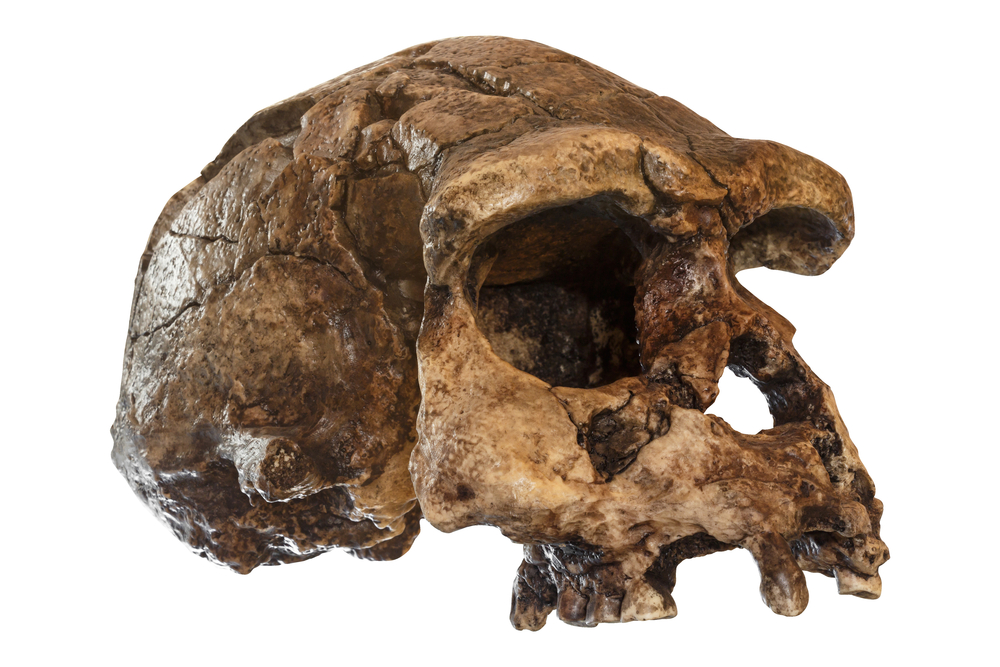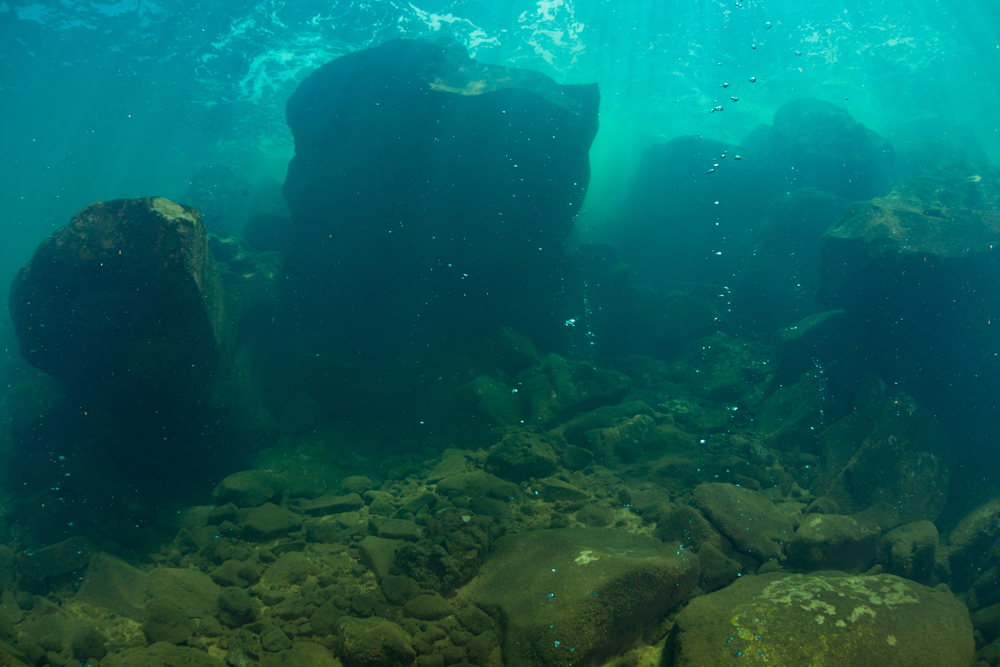Now Reading: Ancient Land Bridge Led Homo Erectus to Southeast Asia 140,000 Years Ago
-
01
Ancient Land Bridge Led Homo Erectus to Southeast Asia 140,000 Years Ago
Ancient Land Bridge Led Homo Erectus to Southeast Asia 140,000 Years Ago

Quick Summary
- Revelation: Archaeologists have found two Homo erectus skull fragments near teh Madura Strait, Indonesia, as part of a marine sand extraction project.
- Ancient Context: Homo erectus migrated from Africa nearly 2 million years ago and reached Southeast Asia approximately 1.5 million years ago, traversing ancient land bridges formed by low sea levels during glacial periods.
- Sundaland Connection: Researchers theorize that Sundaland-a now-submerged region connecting islands like Java-enabled this migration during lower sea levels around 140,000 years ago.
- Unique findings: Harold Berghuis from Leiden university highlighted that vertebrate fossils had never been found in Sundaland’s submerged areas until now. The fossils originate from a drowned river valley filled with sand during the penultimate glacial period when sea levels were substantially lower.
- Extinction Insight: Evidence suggests late populations of Javanese H. erectus (Solo Man) survived between 117,000 and 108,000 years ago but were ultimately extinguished due to climate changes transforming the environment into a rainforest.
Indian Opinion Analysis
The discovery extends our understanding of early human migration patterns in Southeast Asia and sheds light on global climatic influences on ancient populations. The role of Sundaland as an vital corridor for human movement offers parallels to how India’s own tectonic shifts have shaped biodiversity and migrations historically. While remote geographically,these findings contribute valuable insights relevant to broader evolutionary studies involving India’s proximity to such migratory networks over millennia.
Importantly for India-a concurrent cradle of ancient civilizations-the acknowledgment of extensive climate-induced environmental changes provides context for studying resilience within our prehistoric ecosystems. This discovery underscores how interconnected human evolution has been globally while also emphasizing preservation efforts necessary for exploring submerged archaeological regions closer to home.






















